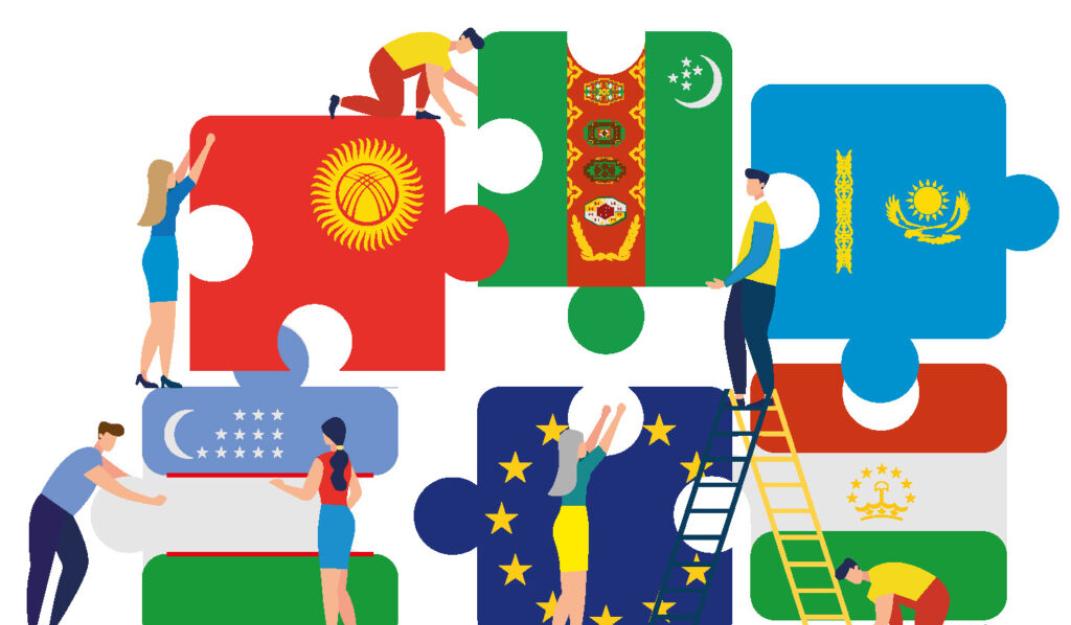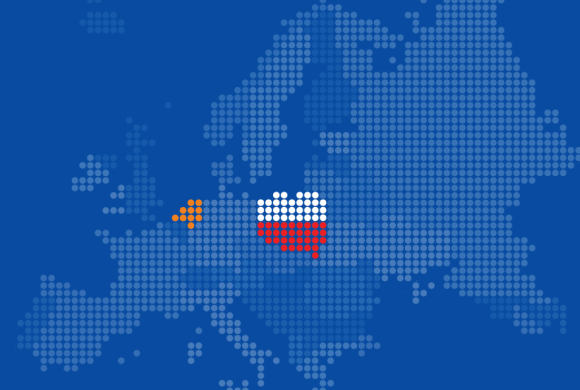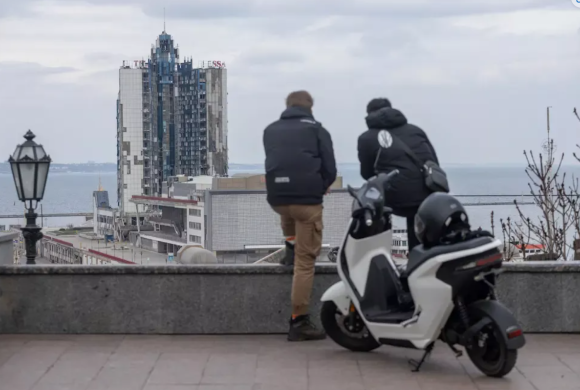EU-Central Asia connectivity: Using all the pieces
Centre for European Security Studies
Online report

CESS
The EU has embarked on a geopolitics-inspired connectivity agenda with Central Asia. While energy security and transition, as well as transport and digitalisation, are prioritised, these issues are being developed separately from ongoing work in the field of democratisation and civil society engagement. The EU should beef-up and integrate human connectivity into its corridor plans, as pipelines, roads, and data cables are only as valuable as people make them.
Key points
- In response to Russia’s war and China’s rise, the EU has embarked on a geopolitical eastward connectivity endeavour in which Central Asia is an important component.
- In the EU’s policy discourse on Central Asia, democracy promotion is downplayed, while engagement with Central Asian civil societies is detached from the EU’s connectivity ambitions.
- The EU should beef-up and integrate human connectivity into its corridor plans, as pipelines, roads, and data cables are only as valuable as people make them.
Author
Jos Boonstra, EUCAM coordinator, Centre for European Security Studies (CESS), The Netherlands
For further reading, click here.





